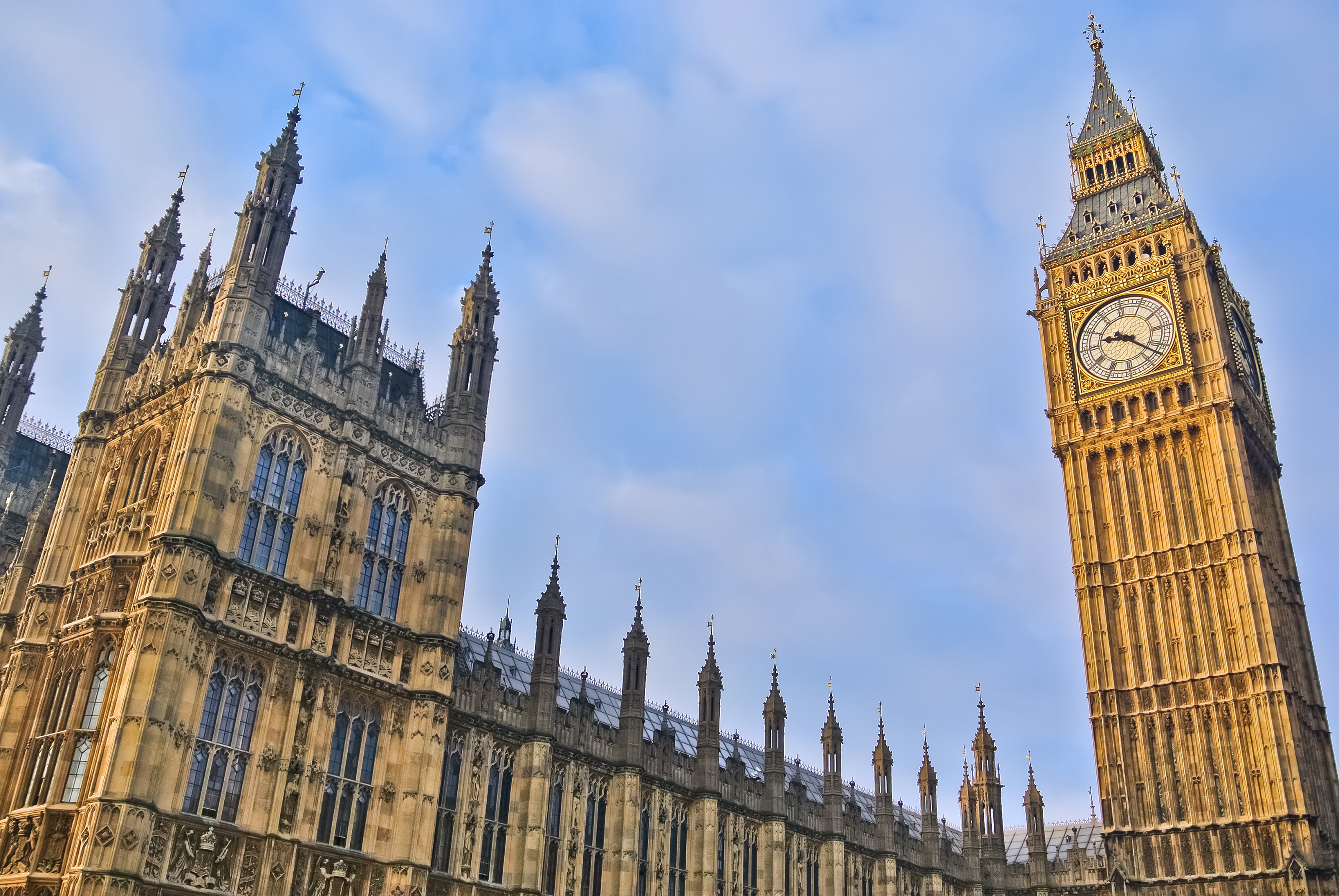15 March 2023

The Budget 2023 – What does it mean for print?
The Chancellor declared that “the British economy is proving the doubters wrong” as he began his speech at the Despatch Box shortly after 12.30 today. On his list of proof points were figures from the Office for Budget Responsibility which suggest that inflation has now peaked and should be more than halved by the end of this year. He also said that the UK won’t enter a technical recession this year and that the economy is expected to grow annually, reaching 1.9% growth in 2027.
Key measures important for business followed three of the Prime Minister’s five priorities: halving inflation, growing the economy and reducing debt (the other two being reducing NHS waiting lists and stopping small boats). Hunt’s measures for business and the economy shadowed his four pillars as announced in a recent speech – Enterprise, Employment, Education, and Everywhere. Those were the themes, and these are the plans important for employers and employees:
Cost of doing business
- Lower business taxes – full capital expensing will be extended for the next three years with the intention to make it permanent “when possible to do so”. Companies investing in IT, or plant and machinery, will be able to deduct the full amounts from tax liabilities straight away. The OBR says it will increase business investment by 3% per year.
- SMEs which do a lot of R&D at a loss will be eligible for an enhanced rate of tax relief of £27 per every £100 of R&D investment.
- Corporation Tax will still rise to 25% for the most profitable businesses.
- Fuel duty will be frozen for the next 12 months and the 5p cut will remain.
Employment reforms
Reforms announced aim to get the seven million unemployed adults of working age into jobs by removing barriers for those with disabilities and long-term health conditions. Measures include:
- Three steps to help the 3.5m people between 50 and retirement age who aren’t working:
- A new apprenticeship targeted at the over-50s called ‘returnerships’. The focus will be on flexibility and previous experience to reduce training length and therefore accelerate apprenticeships. They’ll be supported by an investment of £63m for an additional 8000 Skills Bootcamps in 2024-25 and 40,000 new Sector-Based Work Academy Programme placements.
- Enhance the current ‘mid-life MOT’ provision, increasing fivefold the number of people receiving Universal Credit who currently get one of these.
- An increase to the pensions annual tax-free allowance from £40,000 to £60,000 and an abolition of the Lifetime Allowance. This one is specifically hoping to keep NHS doctors in the workplace for longer.
- Universal support – this will be a new supported employment programme for people with disabilities and long-term health conditions, matching participants with open market jobs and funding more support and training. 50,000 people will be able to access £4,000 worth of help to find appropriate jobs.
- To avoid people with mental health problems and musco-skeletal issues (notably back pain) leaving work, community hubs will be scaled up to allow more people to access treatment. A ‘WorkWell Partnerships Programme’ will also be piloted with the same goal – this will involve integrated work and health hubs, linking JobCentres, health services and other local organisations.
- For those working low hours, the administrative earnings threshold for Universal Credit will increase to 18 hours (at National Living Wage). Now, anyone working fewer than 18 hours will be subject to the usual requirements to seek work and take up reasonable offers of employment. More support to help people into work has been pledged to run alongside this.
Energy costs
- The current Climate Change Agreement, for which print is eligible, has been extended by a further two years. So, if you currently take part in this scheme you should be able to continue until 2027, although Climate Change Levy rates may be reduced after 2025. If you’re not yet taking part, it will be open to new participants too (contact [email protected] to find out more). This is all we know thus far, but another consultation will be run to determine the detail. This was one of our Priorities for Print, so we’re pleased print remains eligible for a further two years.
- For households, the Energy Price Guarantee will continue to cap costs at £2,500 per typical household for the next three months, but the Energy Bills Support Scheme (which discounted bills by £400 for every household) will still finish at the end of this month.
- There were sadly no changes announced to the Energy Bill Discount Scheme for businesses due to come in next month, which will see discounts applied only when wholesale energy prices reach a (rather high) minimum threshold.
Childcare reforms
The reforms announced are intended to make it easier for parents, especially new mothers, to keep working. They include:
- Extending free childcare for three and four year-olds: the plan is for 30 hours’ free childcare per week for children between the ages of nine months and three. Interestingly, this reform is being phased in – with a start likely to be before the next election but the full extension being planned for after the election (should the Conservatives be re-elected). It works like this:
- April 2024 – working parents (at least 16 hours per week) of two-year olds will be able to access 15 hours’ free care
- September 2024 – the 15 hours’ free care will be extended to children aged between nine months and two
- September 2025 – full extension to 30 hours per week for both categories.
- Upfront payment: for parents on Universal Credit who are moving into work or want to increase their hours, the Government will pay for childcare upfront and increase the maximum they can claim to £951 for one child, and to £1,630 for two children.
- Wraparound childcare: A national pathfinder scheme will be introduced to stimulate supply in the ‘wraparound care market’ (in other words, breakfast and after school clubs). The overall ambition is that by 2026, working parents of school-age children will be able to drop off and pick up between 8am and 6pm, making working a 9-5 job easier for parents (and likely for employers too).
Charles Jarrold, BPIF CEO, said:
“We have repeatedly encouraged the Government to implement policies that encourage investment, so, with the ending of the “super-deduction”, it’s absolutely right to support investment by continuing with full expensing. Whether this will be enough to encourage businesses to invest in tough times remains to be seen. The Chancellor expects companies to look ahead to the future yet, for some, it’s a daily battle to simply manage the intense cost pressures, such as those arising from increases to the National Minimum Wage levels, that are slashing margins. We were disappointed that there won’t be any changes to the upcoming Energy Bills Discount Scheme, which is unlikely to ever be put to use. Alternatively, this money could have been ring-fenced for energy efficiency incentives, but that opportunity has been missed.
“On the other hand, we were pleased to see that the print sector remains eligible for the Climate Change Agreement for another couple of years. This had been under threat, and was one of our Priorities for Print, so we are delighted the Government has listened.
“The measures to get more people working, and remaining in work, are welcome. Improving upskilling and retraining will support this, but we must ensure it’s done in consultation with employers who know best when it comes to their employment needs. The new apprenticeships for the over-50s sound promising; we certainly plan to have a say in how they’re designed and delivered.”
You can read the full Budget documents here on the HMT website, including a Factsheet on ‘Cutting and Simplifying Tax for Businesses to Invest and Grow’.
 Mail response and attention continue on an upward trajectory in Q1 2024
Mail response and attention continue on an upward trajectory in Q1 2024
14 June 2024
JICMAIL - The Joint Industry Currency for Mail – has revealed that while the UK economy grappled with the recovery from a technical recession, those advertisers who maintained their confidence in the mail channel were rewarded with 43% year on year growth in purchases driven by mail.
 Sustainability Research - industry efforts gain pace to improve sustainability impact and credentials
Sustainability Research - industry efforts gain pace to improve sustainability impact and credentials
6 June 2024
Access a special extract of the sustainability research conducted as part of the BPIF's Printing Outlook - quarterly survey of the state of trade in the UK's printing industry.











